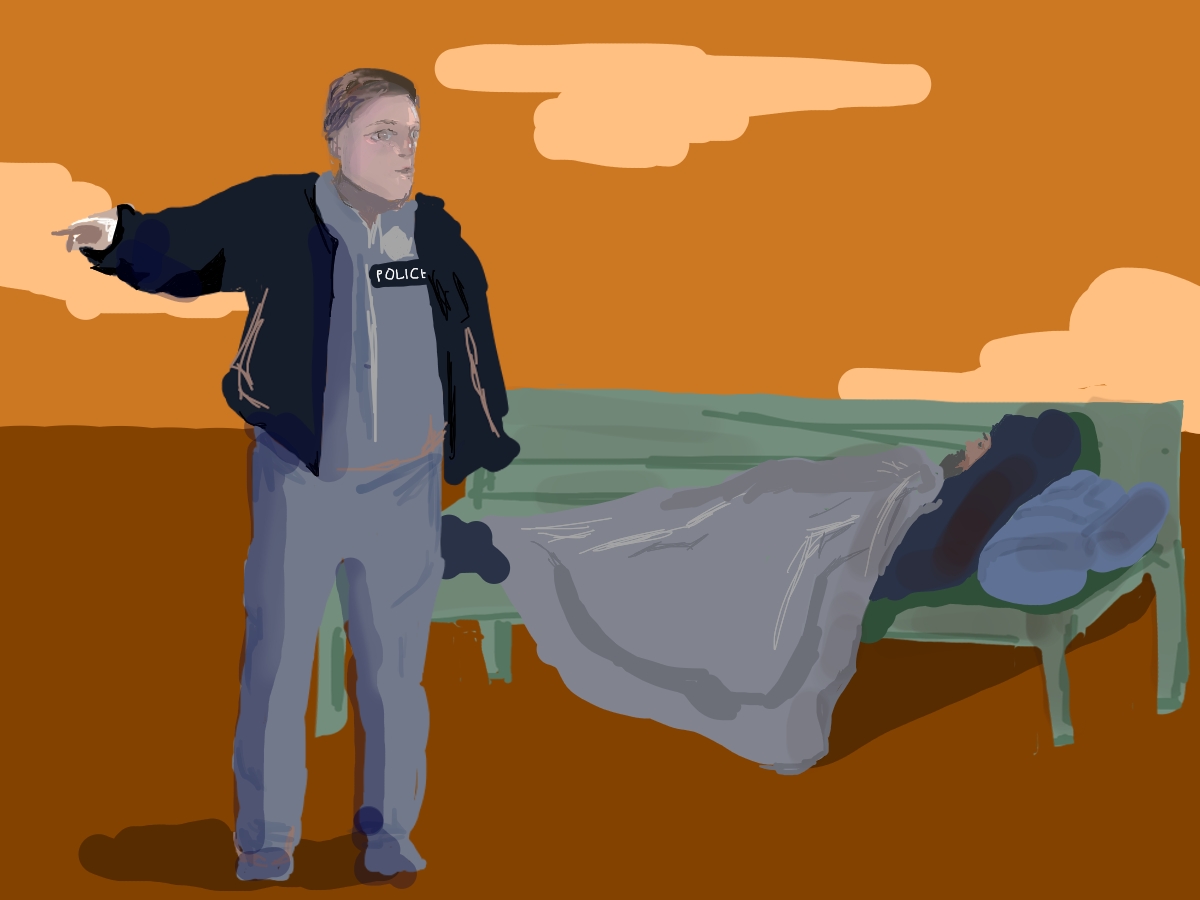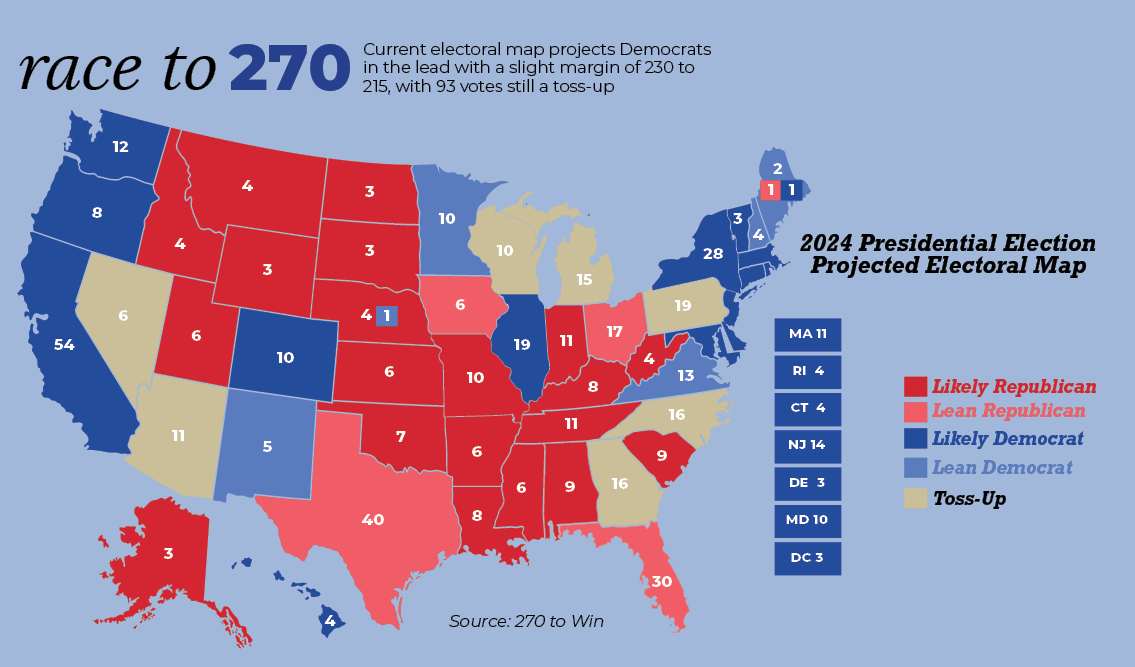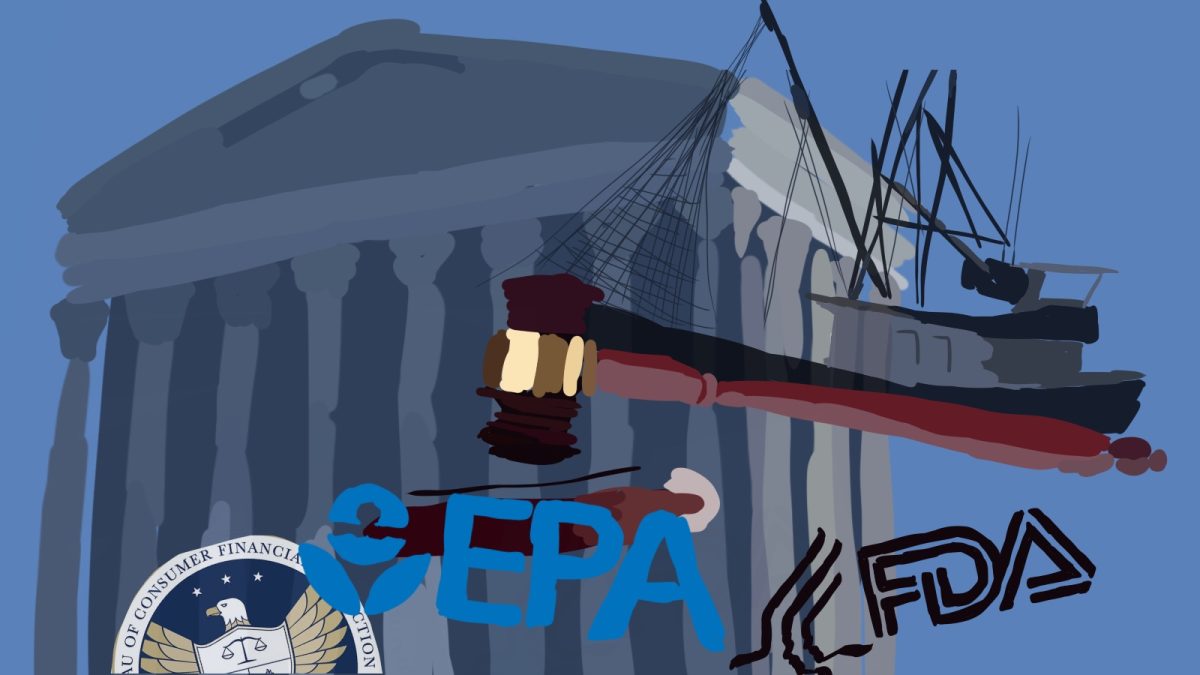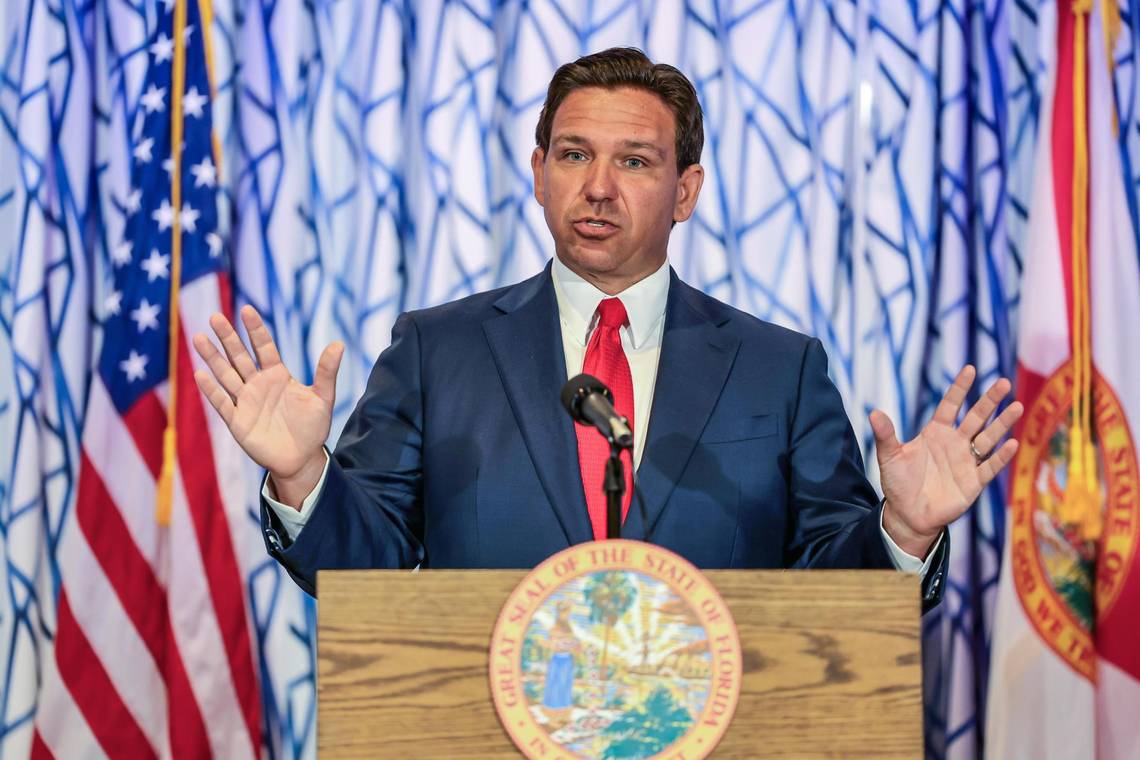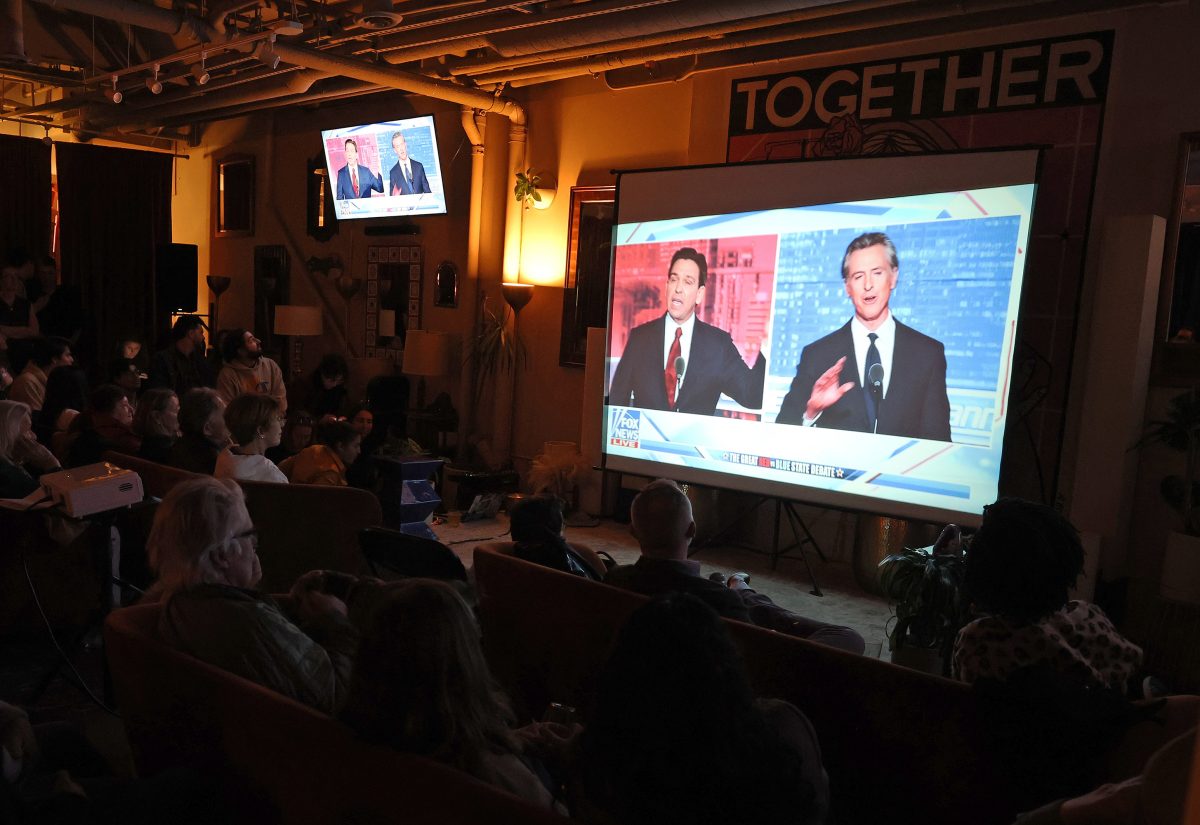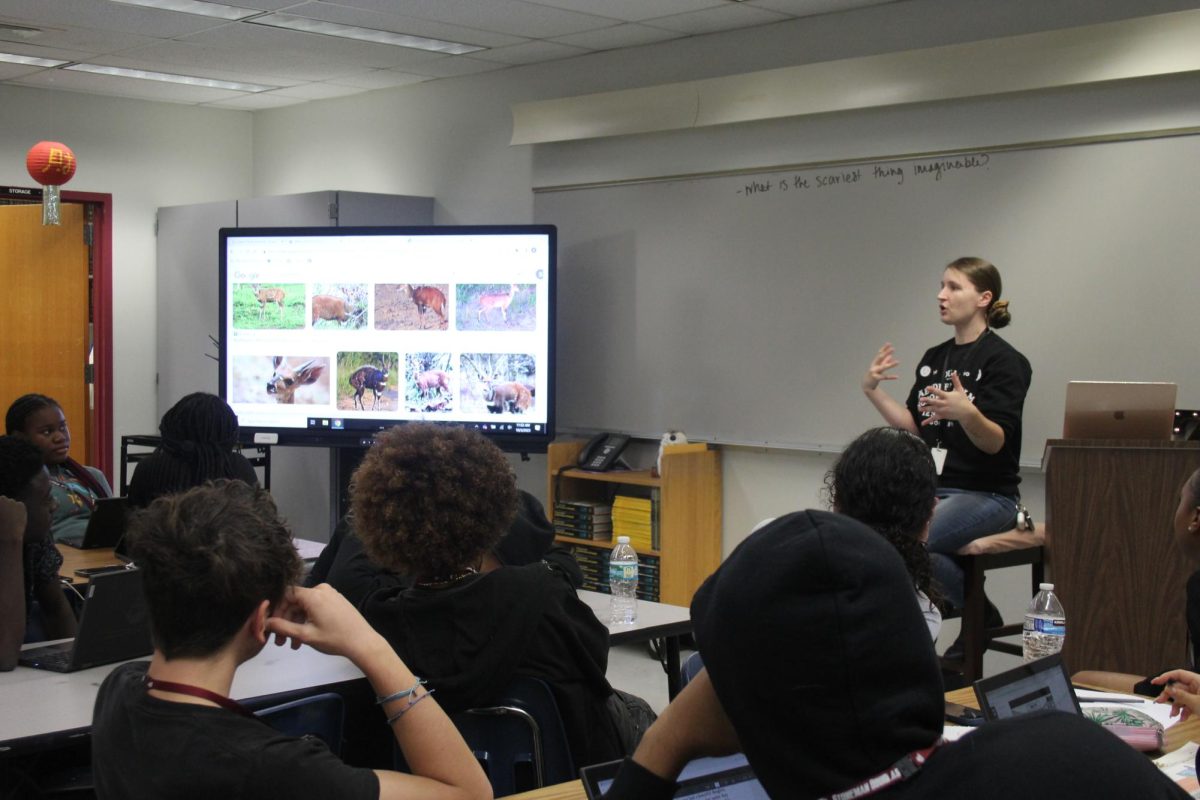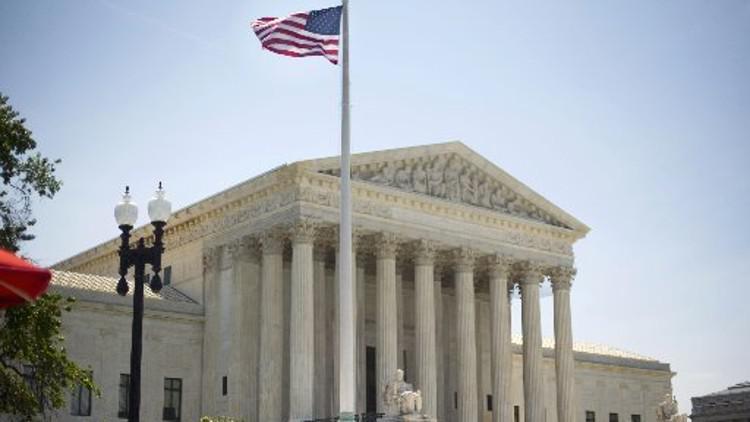
A questionable statement
On Tuesday, Oct. 5, the United States Supreme Court officially closed the Kim Davis case, a case involving a woman who refused to issue marriage licenses to LGBTQ+ couples. Although Justices Clarence Thomas and Samuel Alito agreed not to hear the case, Thomas released a statement on behalf of himself and Alito.
“The Court read a right to same-sex marriage into the Fourteenth Amendment, even though that right is found nowhere in the text,” Thomas explained in the statement. “Several members of the Court noted that the Court’s decision would threaten the religious liberty of the many Americans who believe that marriage is a sacred institution between one man and one woman.”
Thomas is referring to the Supreme Court’s decision in the 2015 case Obergefell v. Hodges, in which the Supreme Court ruled with a 5-4 majority that same-sex marriage should be legal in all 50 U.S. states.
This statement immediately caught the eyes of many people, including James Esseks, a director of the American Liberties program. He was quite taken aback by the two justices’ statements towards LGBTQ marriage.
“It is appalling that five years after the historic decision in Obergefell, two justices still consider same-sex couples less worthy of marriage than other couples,” James Esseks said.
A History of LGBTQ+ Rights
An extensive relationship with gay marriage
Justices Thomas and Alito are quite familiar with the laws involving gay marriage, as they were members of the court when the Obergefell v. Hodges case was closed.
Both were among the four who dissented against the court’s decision, which determined that same-sex couples are constitutionally guaranteed the right to marry. At the current time, more of the justices in the Supreme Court had similar views to that of Thomas and Alito.
There is now a higher chance of the decision getting reversed, especially now that Amy Coney Barrett has been officially added to the court of Justices, due to her views largely falling in line with Thomas and Alito’s. She would most likely back their decisions.
Only three of the justices that were part of the majority in the Obergefell v. Hodges case, which included Stephen Breyer, Sonia Sotomayor and Elena Kagan, have remained as members of the Supreme Court. There is a very real chance that if the case was reopened, the decision may be overturned.
It seemed as though everyone in the country was celebrating on the day gay marriage was legalized. It was a joyous day; however, there was considerable backlash from people who did not support it.
Ranging from normal citizens to people in power, many voiced their distaste for this ruling. Among those were Thomas and Alito, who haven’t supported gay marriage since it was first legalized.
Fear for the future
Once this statement became public, it immediately put members of the LGBTQ+ community and allies fearful of the future, and the possibility of regression into old fashioned values of discrimination yet again.
“LGBTQ people only had basic rights for what? Barely seven years?” Marjory Stoneman Douglas High School freshman Aisha Hashmi said. “Now they are going to be taken away again by some men who believe religion is more valuable than love.”
Is religion a valid argument?
It is clear in their official statement that Thomas and Alito believe that religious liberty is infringed upon by considering gay marriage protected by the constitution. There is the question of whether this opinion lies under religious liberty or blatant disregard for separation of church and state, a part of the constitution the United States was built on.
The Kim Davis case, which led to the release of this statement, is a prime example of the fine line between discrimination and personal beliefs. Davis felt that she should reserve the right to deny service to anyone, including gay couples seeking someone to marry them.
Using religion to justify homophobia isn’t a new concept, and has only been taken to new heights as politicians begin to use it to justify discrimination in the 21st century. Religion is no longer a valid excuse. Christians who are also homophobic use a small amount of text from the bible to justify the dehumanization of all LGBTQ people. They ignore all other verses about loving others and supporting people from every background and continue to hold onto the idea that LGBTQ people are lesser because of what their religion says.
Using Christianity to justify homophobia only becomes more problematic with a wide variety of religions practiced in America. Some Christians insist that making anti-LGBTQ laws is a form of religious freedom, while they simultaneously believe laws should be based on a singular religion, namely Christianity. This constitutes not only the erasure of all LGBTQ people but also of religions practiced all over America.
The first amendment of the constitution, protecting the separation of church and state, is meant to protect us from politicians using their power for their own religious vendettas. People in power continue to disregard this key part of the document our country was built on, and blindly support homophobia under the false pretense of religious freedom. It is worrying that people like Thomas and Alito still feel it is a strong basis for their case against gay marriage.
“I can’t think of a religion that says it’s okay to discriminate against people,” freshman Elan Gross said. “ I don’t know why having legal gay marriage should interrupt the right to practice religion.”
Waiting for the next step
Alito and Thomas have yet to release any follow-up statements. Chief Justice John Roberts, who disagreed with the 5-4 majority in the Obergfell v. Hodges’ case did not join Thomas and Alito in their statement, neither did Justices Brett Kavanaugh and Neil Gorsuch, who were both appointed by President Donald Trump.
Amy Coney Barrett, who was nominated by Trump, has notably evaded questions about LBTQ rights at her confirmation hearing.
If these attempts at reversing the progress made over so many years are successful, many fear that homophobia and discrimination against members of the LGBTQ+ community will continue.





